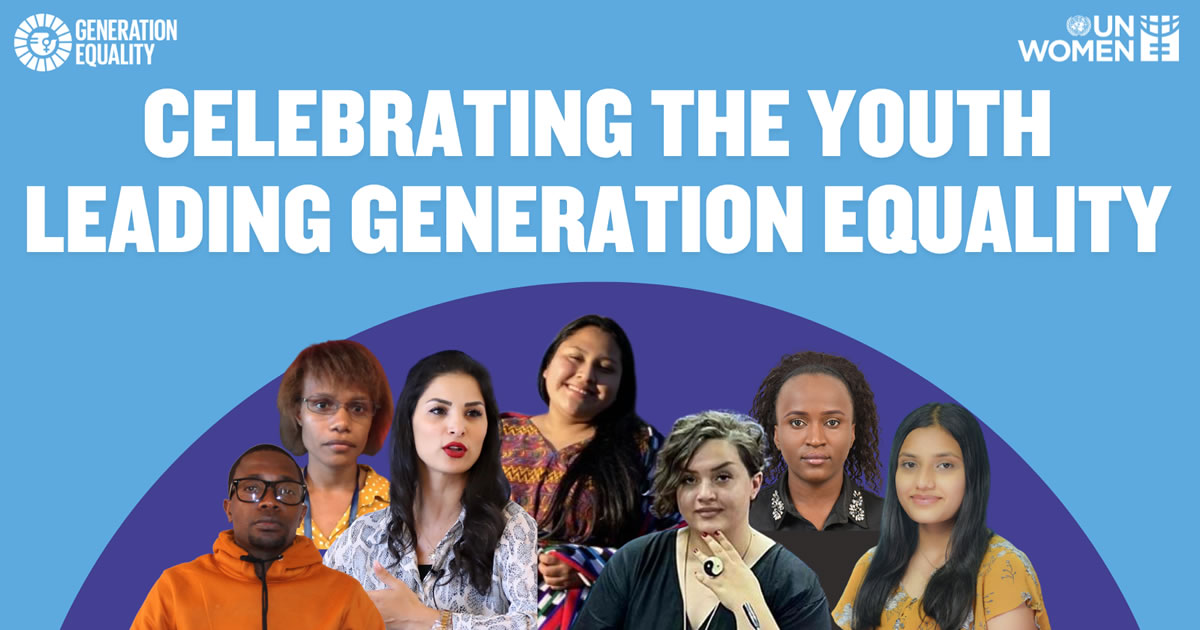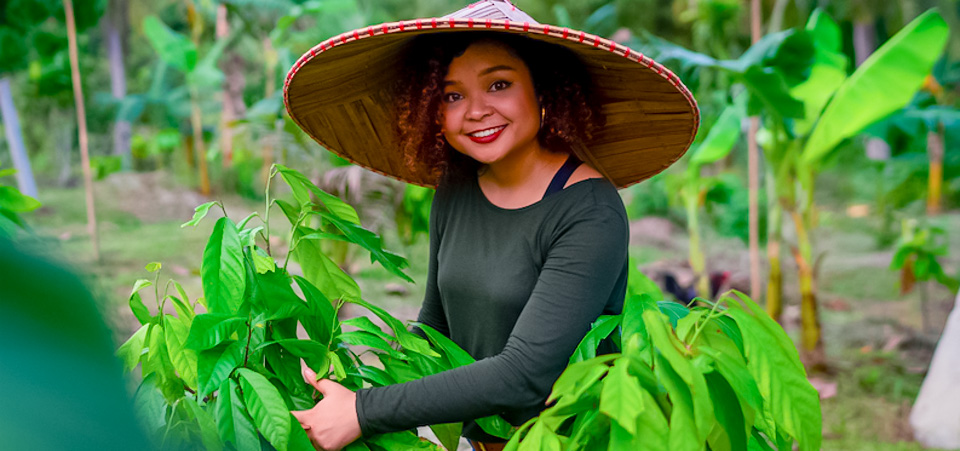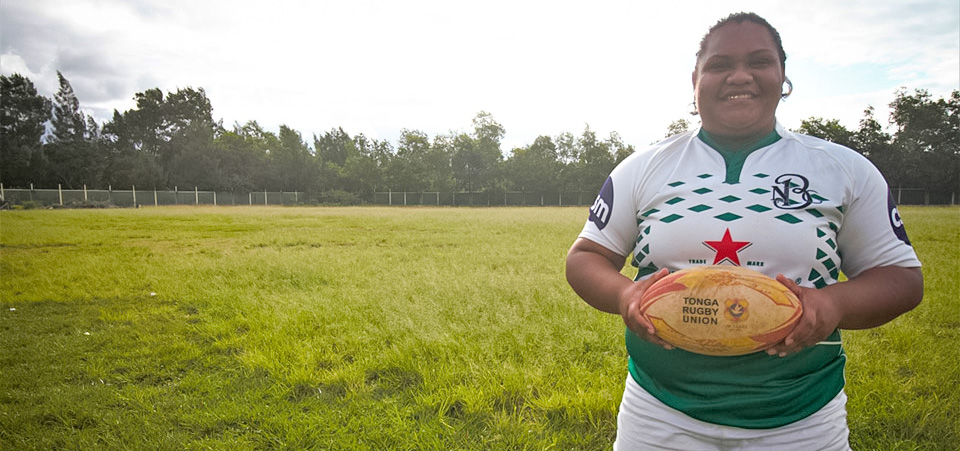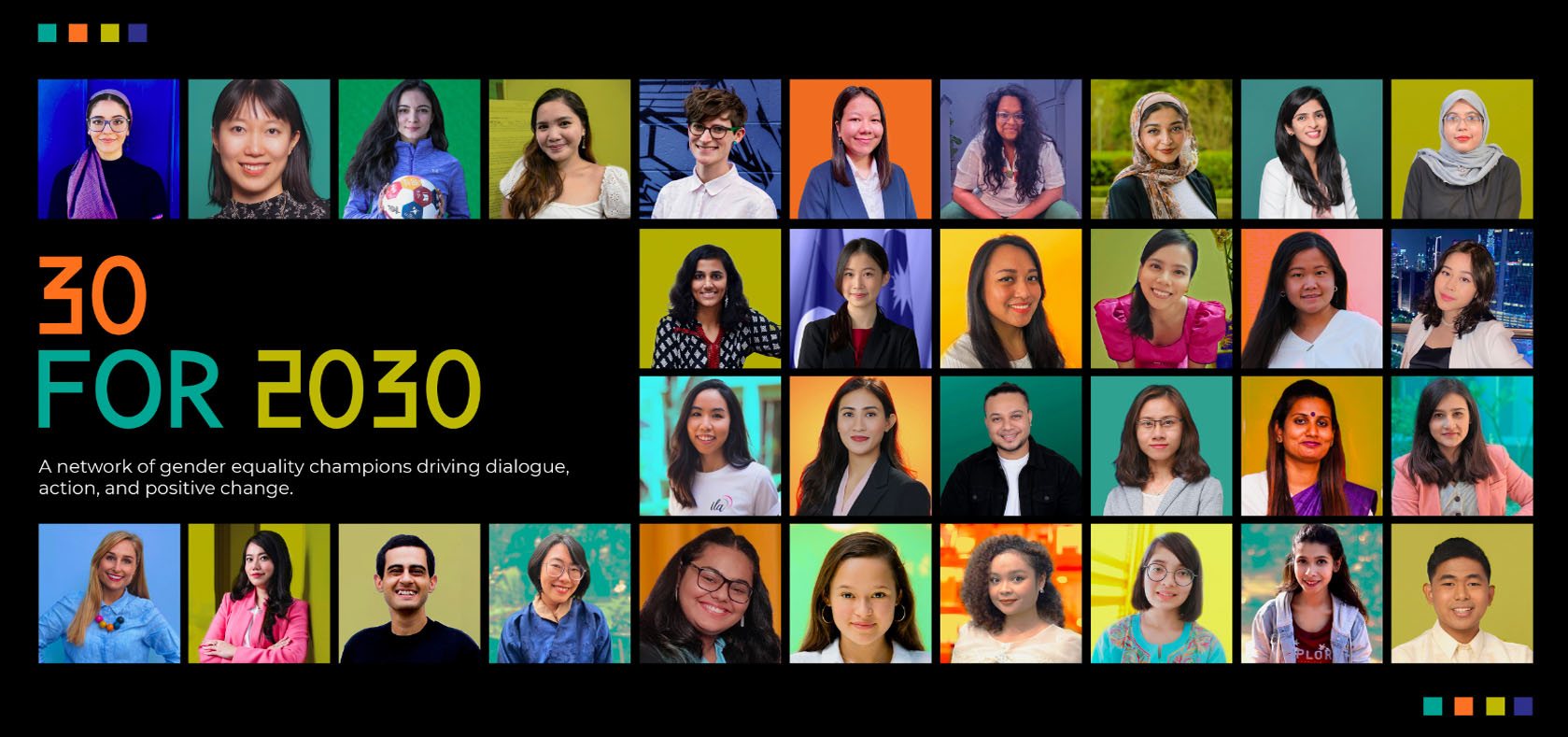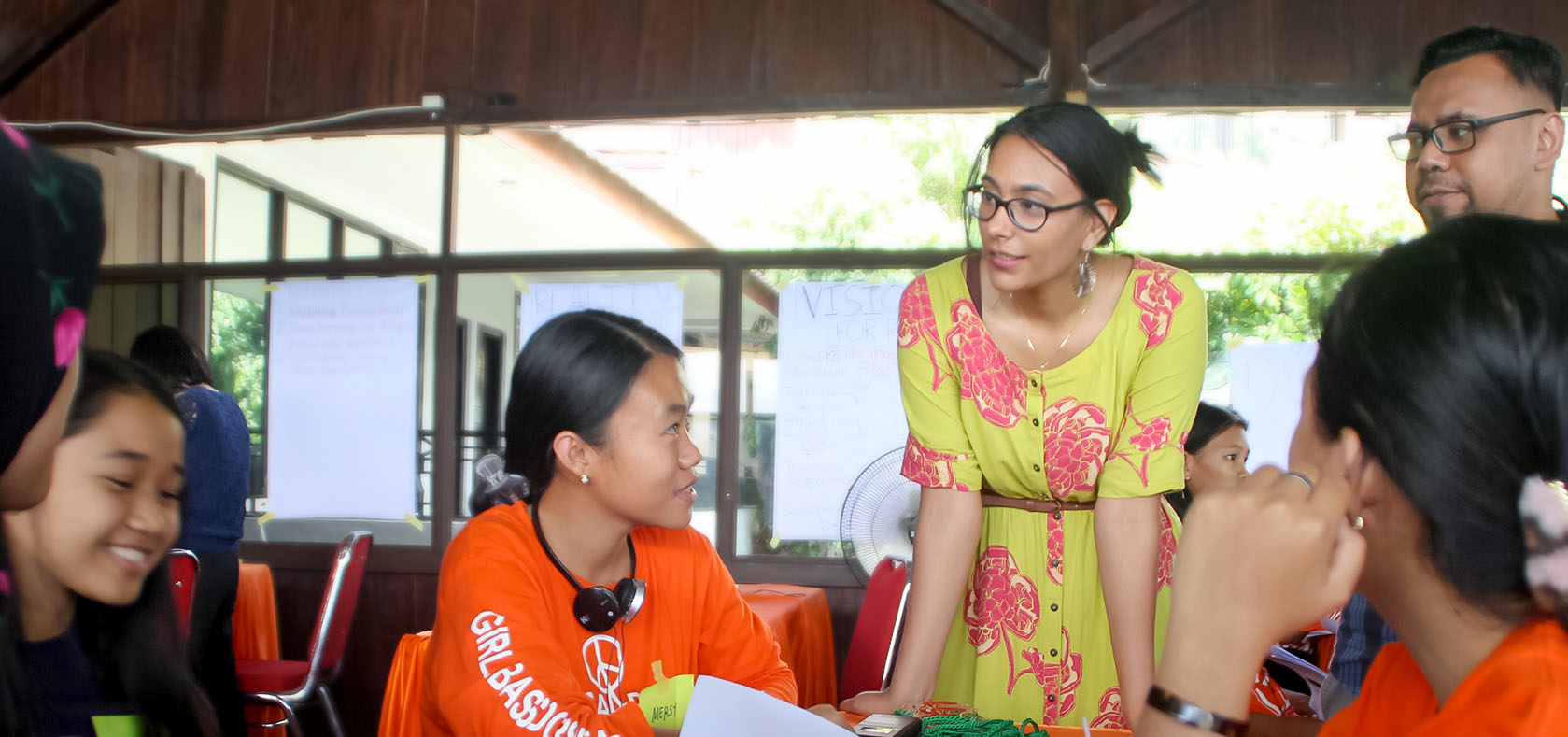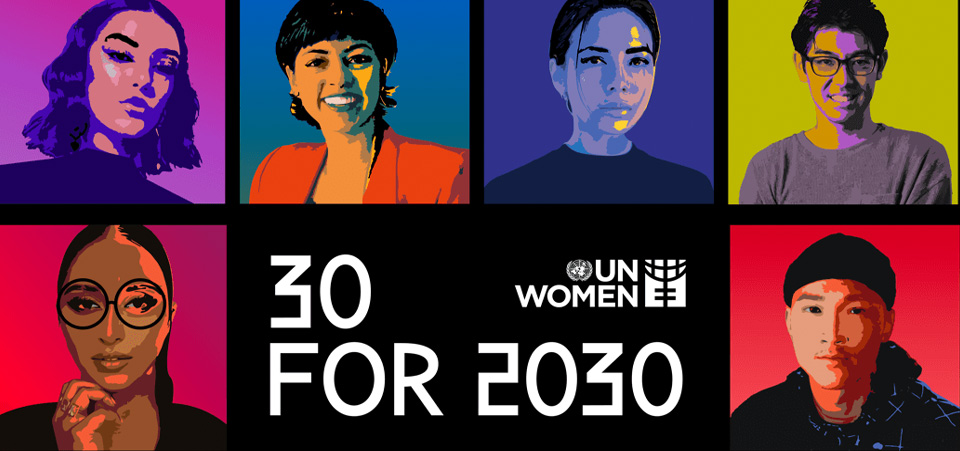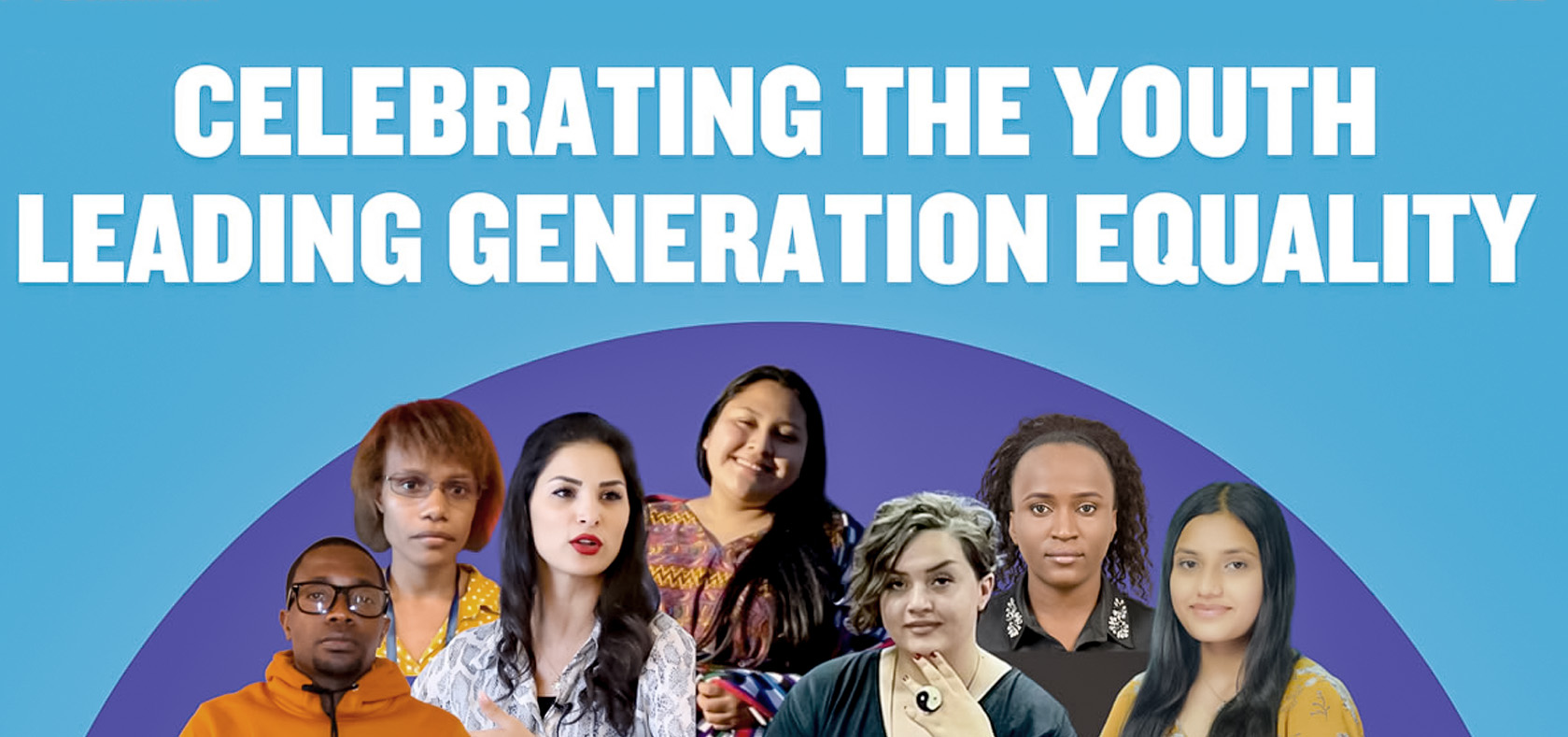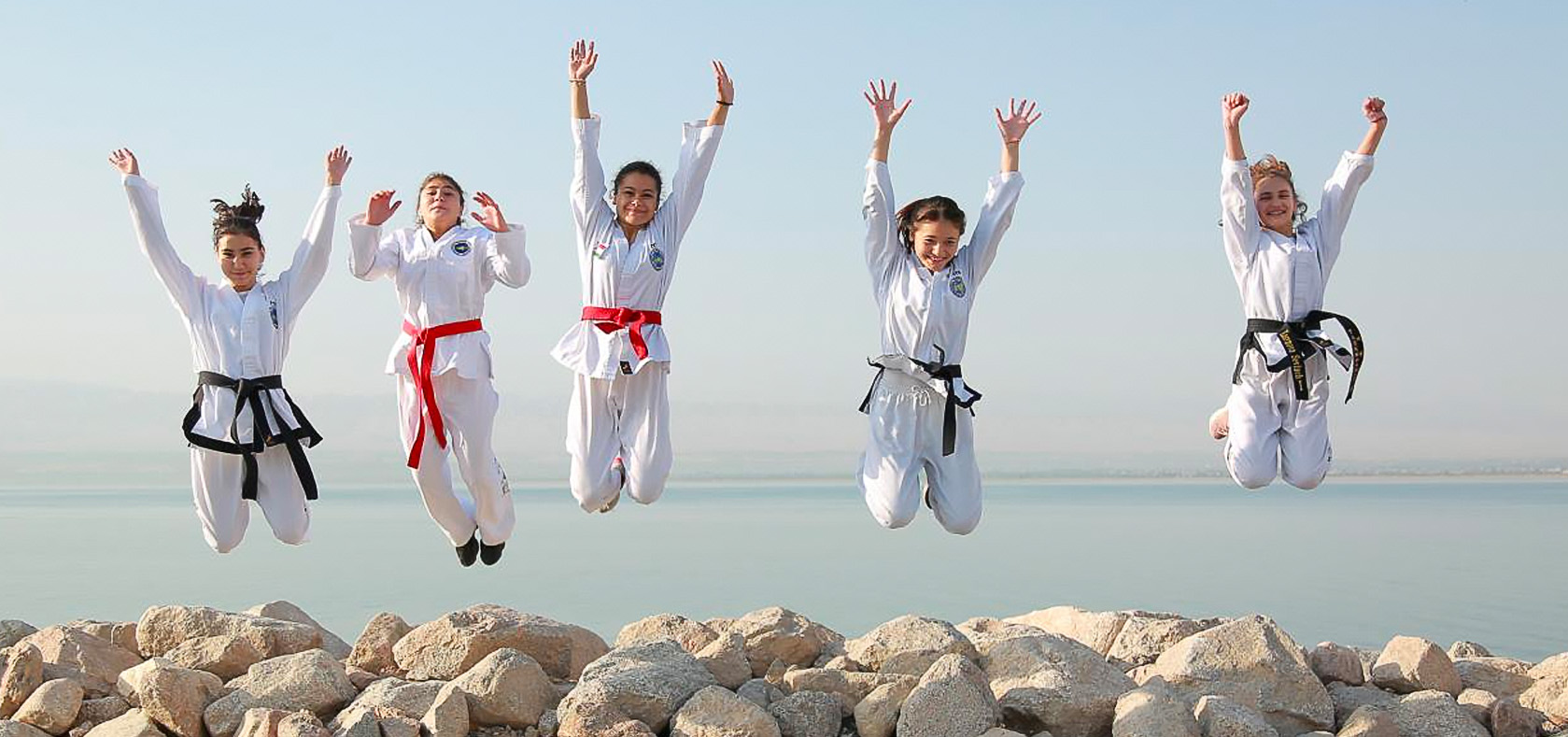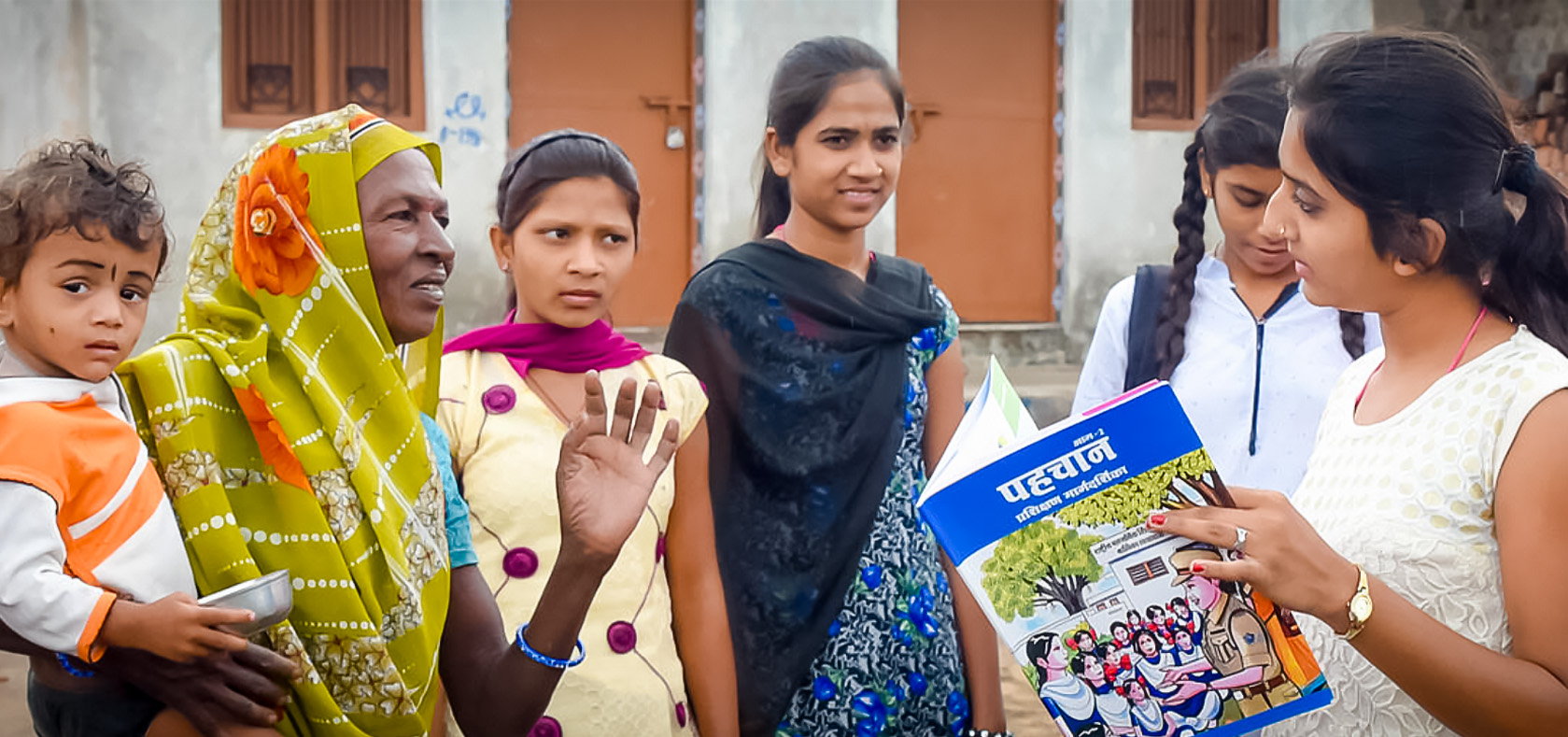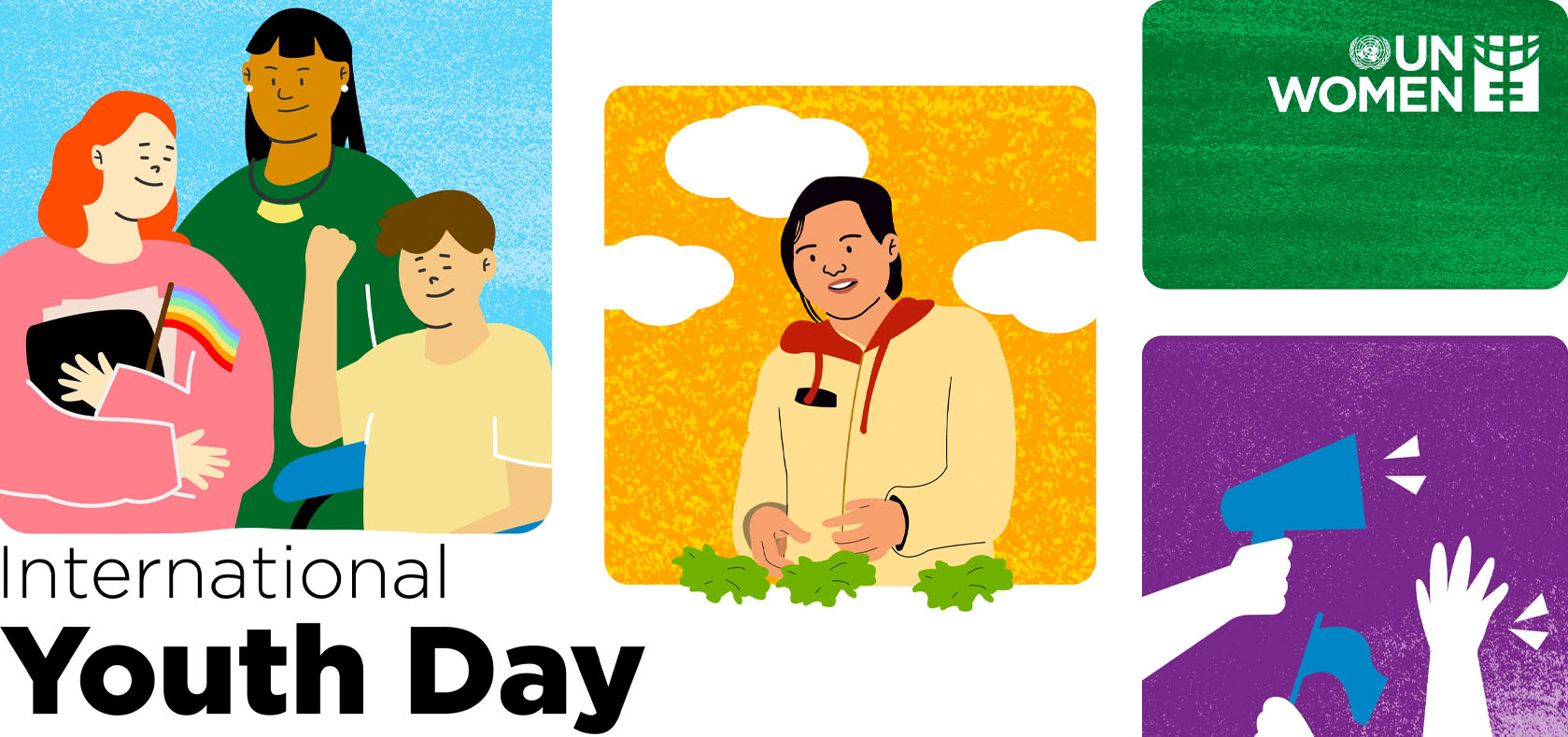
Illustration: UN Women/Poompat Watanasirikul
To achieve the Sustainable Development Goals (SDGs), the world needs to leverage the full potential of all generations. Solidarity across generations is key for sustainable development. We must collaborate to foster successful and equitable intergenerational relations and partnerships to ensure “no one is left behind.” While intergenerational solidarity and concern for future generations is being called for in tackling global issues – with the UN Secretary-General recently putting forward new recommendations on renewed intergenerational solidarity, including in Our Common Agenda – many challenges remain.
The Global Report on Ageism launched by the United Nations in March 2021 highlights the many data gaps that exist with regards to ageism against youth. Despite this lack of research, young people continue to report age-related barriers in various spheres of their lives such as employment, political participation, health and justice. On an individual level, these age-related obstacles can deeply impact wellbeing and livelihoods not only during the youth years, but also in adulthood. On a societal level, ageism prevents us from thinking and designing policies and social services that adopt a life-course approach and are fair for all ages.
In this context, the objective of this year’s International Youth Day theme, Intergenerational solidarity: Creating a World for All Ages, is to amplify the message that action is needed across all generations to achieve the SDGs and leave no one behind. The 2022 International Youth Day will also raise awareness on certain barriers to intergenerational solidarity, notably ageism, which impacts young and old persons, while having detrimental effects on society as a whole.
With the world’s population expected to increase by 2 billion people in the next 30 years, just producing a larger volume of healthier food more sustainably will not ensure human and planetary wellbeing. Older women face discrimination, bias, and marginalization, as recognized by the General Recommendation Number 27 of the Convention on the Elimination of Discrimination Against Women.
This discrimination, bias, and marginalization is only further compounded for older women with disabilities. They are systematically overlooked and underrepresented in development policies, programmes, initiatives, legislation, as well as humanitarian efforts. Moreover, gender inequality, ageism, and ableism are further exacerbated by other forms of discrimination on the basis of race, ethnicity, caste, religion, migration status, among other factors.
Now is the time to address the interlinking challenges of gender inequality, poverty reduction, social inclusion, health care, biodiversity conservation and climate change mitigation. Youth have been, and will continue to be a part of the conversations and action to restore the planet and integrating biodiversity in the transformation of food systems, and therefore will also remain closely engaged in the implementation work of the Action Coalitions that were launched during the Generation Equality Forum.
On International Youth Day, join us in uplifting the voices of youth and celebrating their leadership.

